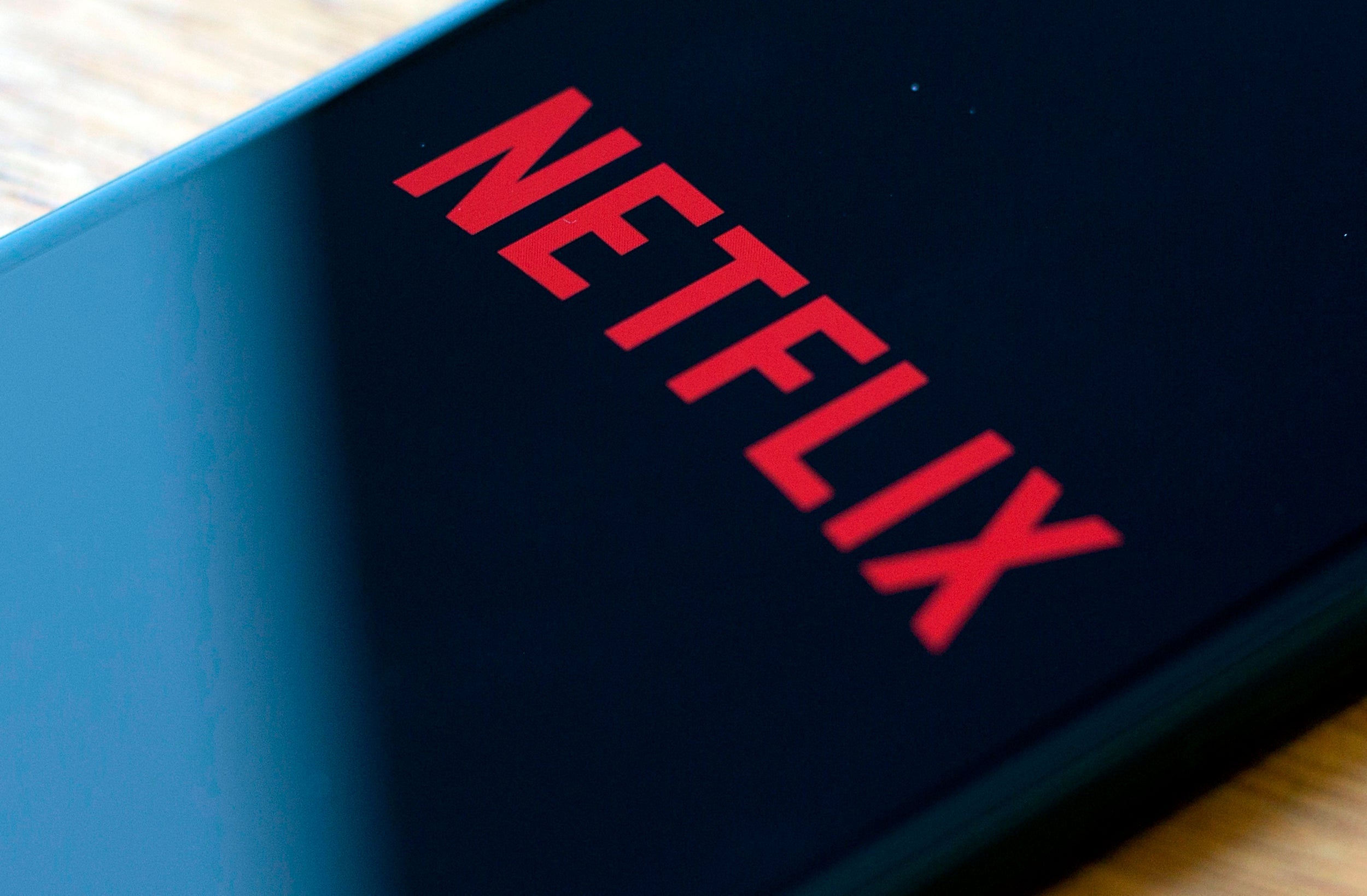Netflix UK revenues hit £1bn, but when will the company start paying any corporation tax?
The streaming company has enjoyed a blockbuster year but its sales and profits generated in the UK are moved elsewhere

It's been a blockbuster year for Netflix. The company clocked up worldwide revenues of $20bn and by our reckoning around £1.1bn of that will have been from subscribers in the UK.
So will any of Netflix’s substantial profits be taxed over here?
Sorry to be the spoiler, but it's unlikely. In 2018 the company reported revenues of just £43.3m and profits of just £2m at its main UK company, Netflix Services UK, and paid no tax. In fact, the company received a tax credit from the government.
Our recent report 'No Tax and Chill' exposed how an estimated £860m in subscription fees from UK customers in 2018 were billed by a company in the Netherlands, Netflix International BV. This explains why so little revenue and profit end up in the UK.
The company has yet to publish its UK accounts for 2019, but as far as we are aware, this part of the company’s structure has not changed. Given that, it is unlikely that the company will have much of a tax liability, if any, in the UK this year either.
Our latest analysis, based on Netflix’s recent earnings reports, suggests that Netflix revenues from UK customers increased sharply to an estimated £1.08bn in 2019. This should have generated an estimated £68.5m in profit, giving rise to a tax liability of £13m.
These figures may seem relatively small compared to the gigantic amounts of tax avoided by companies like Google and Facebook, but they are significant.
Until now, Netflix has largely flown under the radar for its tax structure. The company has been investing huge amounts of money in building its presence around the world and as a result has not been making much profit. That is now changing. Netflix’s latest accounts, published just a few weeks ago, show a 62 per cent explosion in operating profit for 2019. Globally, after-tax profits went from $1.2bn to $2bn.
This is a problem that is only going to get worse, and the UK has done little to stop it. Streaming services such as Netflix were left out of the government’s digital services tax, an anti-tax avoidance measure targeted at large tech companies due to come into effect in just a couple of months’ time. In France, the company is already subject to a 2 per cent tax on video rental services. Brazil has a tax on online streaming services.
For years the digital giants have argued that the reason they don't pay tax in the UK is all of the value of their business was created somewhere else. That was always a highly dubious claim, but even that does not work with Netflix. The company has been building a substantial presence in the UK, taking out a long-term lease on Shepperton studios and producing a significant amount of content in the country.
In order to incentivise Netflix and other companies to make films here, the government hands out generous subsidies, via the creative industry tax relief scheme. This sees companies receive a discount on their tax bill if they are profitable, or cash back from HMRC if they are not. The amount of relief or credit received is calculated based on the amount of production spend in the UK. Netflix claims these tax credits, but when it comes to the revenues generated in part from those production activities, they are sent to the Netherlands.
Netflix is by no means the only company to take advantage of the government’s generosity in this way. In the video games industry, Rockstar North, the Edinburgh-based makers of Grand Theft Auto, have consistently declared losses in the UK, and hovered up a staggering £80m in tax relief under the video games tax relief scheme.
The result is that the company has not had a corporation tax liability in the UK in the last ten years, despite producing the most profitable entertainment product in history, Grand Theft Auto V, which made sales of $6bn+. Sales which apparently have gone somewhere else.
By structuring their business offshore, large multinationals in the entertainment industry have managed to get a one-way deal. When productions perform poorly, producers get a hand out. When the producers land successful films or games that rake in billions in sales, they still get a hand out.
Many will find this a bizarre way to run a tax system, and it is difficult to imagine that policymakers ever intended the creative industry tax relief scheme to operate in this way.
Tonight, MPs in Parliament will consider the issue in a debate on tax policy and Netflix called by Rt Hon Dame Margaret Hodge MP.
Given the huge amount of focus on the tax affairs of Google, Apple and Facebook in recent years, it is welcome that Parliament is taking a closer look at some of the policy issues raised by the digitalisation of the entertainment industry.
George Turner is director of Tax Watch UK
Join our commenting forum
Join thought-provoking conversations, follow other Independent readers and see their replies
Comments
Bookmark popover
Removed from bookmarks